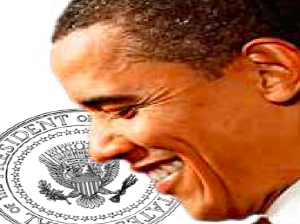
Sources inside Hillary Clinton’s campaign confirmed this past week that she plans to continue taking firm stances on current controversial issues by formally releasing her opinion on the Louisiana Purchase.
Clinton’s poll numbers have been sagging in recent months due to Bernie Sanders’ continued success, but she enjoyed a modest bump in the polls after announcing her opposition to the Keystone XL Pipeline.
Experts agree that Clinton hopes to build on the momentum from her Keystone XL announcement by formally throwing her support behind the Louisiana Purchase.
“It’s true in all presidential campaigns, really, that the voters want the candidates to come out and address the issues head-on,” said Joseph Sagan, a political science professor at the University of Nebraska-Lincoln. “The electorate is going to respond well to her taking a firm stance on yet another controversial current event.”
Unnamed sources in the Clinton camp have described her as largely on the fence about the Louisiana Purchase until her recent realization that the entire state of Iowa would not exist if not for Jefferson’s deal with France.
“Ms. Clinton was apprehensive about the addition of Arkansas because she feels that Kentucky and West Virginia already make up a big enough redneck population for United States,” an unnamed Clinton aide said. “However, when she realized that Runzas and the Iowa caucuses wouldn’t exist without these added states, she knew she would support President Jefferson’s decision.”
While it is frequent practice for presidential candidates to avoid criticizing a sitting president from their own party, few guidelines exist for commenting on the actions of presidents who have been dead since before the Civil War.
If poll numbers continue to show a rise in favorability after the Louisiana Purchase announcement, political insiders expect Clinton to soon announce her opinion on multiple other issues she has previously avoided, including American entry into World War I, President Lincoln’s timing in his release of the Emancipation Proclamation, and the choice of Plymouth Rock as a ship landing site.

